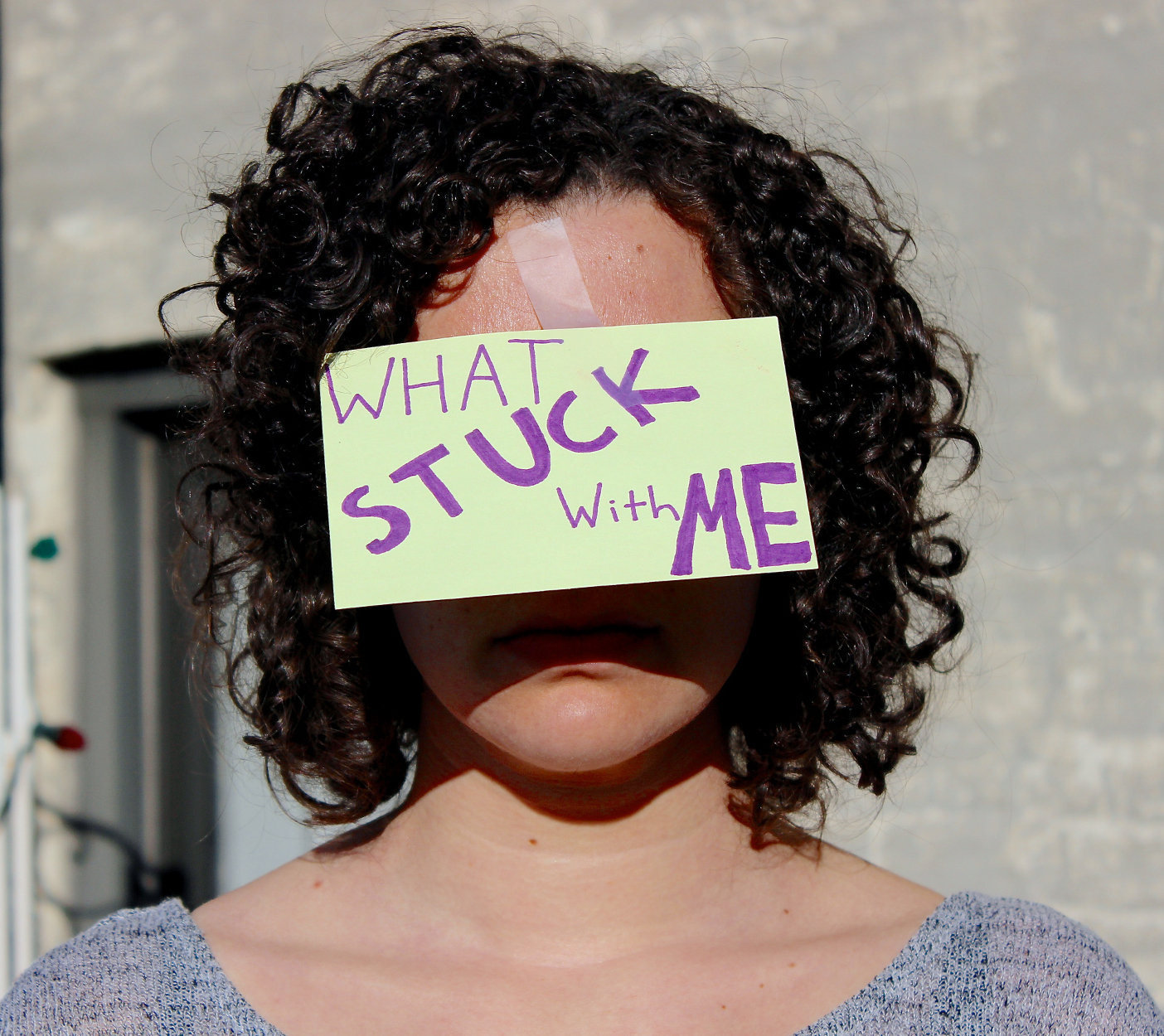"I guess I did screw up minorly."
/Ever since I can remember, I had difficulties in school, and I was always really socially awkward. Starting in second grade, I was severely teased for being different.
My second grade teacher was so supportive and kind, and he advocated that I get tested to find out why I was different from everyone else. But after I was tested, my mother, who I refer to as "Birthgiver" made sure I never found out the results.
I used to come home in tears, begging to know why I was so different, and she would say things like, "What did you do to them first to make them tease you?" "You're lazy and don't apply yourself." "The only way I can get through to you is by hitting you." "You need to stop being such a baby."
By high school, I finally just stopped asking why I was different. Stopped telling her in detail about how cruel kids were to me. I just started saying "I'm fine," and, "School was fine."
I started dating someone at age 19, got married and divorced, and didn't speak to my birthgiver for eight years.
When I finally reached out to her, I hoped that she had realized her faults in our relationship. Instead of taking accountability for what she did, she just said. "Oh, yeah, I guess I did screw up minorly by not telling you that you have autism."
That has always stuck with me. If I had known I had autism sooner, and she had gotten me some additional help from outside school, maybe I wouldn't have struggled for so long.
